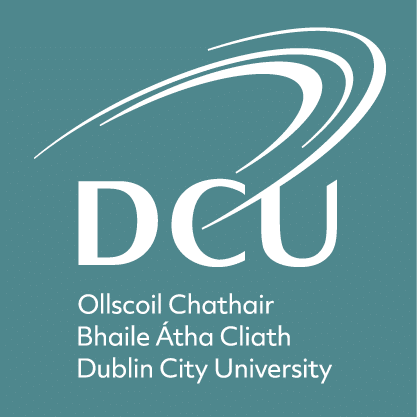This programme is focused on the Internet of Things [IoT] and leads to a final Award of MSc in Electronic and Computer Technology [IoT]. It aims to provide a pathway for bachelor’s degree graduates, existing ICT professionals, and those wishing to convert from associated disciplines, to acquire the necessary skills to pursue careers in the IoT technology and applications domain.
The Internet of Things [IoT] is a computing concept describing the inter-connectivity and collaboration of a wide variety of everyday physical objects connected via the internet. Rapid IoT development has been driven by ongoing research and technological advances (notably in 5G mobile communications and in Artificial Intelligence). IoT technologies are enabling a wide range of business opportunities in the context of “smart” homes, neighbourhoods and cities and in the exploitation of intelligent infrastructure and services, in areas such as transport, power and healthcare.
IoT systems involve the convergence of multiple technologies, existing and new, including Sensors & Actuators, Low-energy Communication, Networking and Cloud, Big Data & Data Analytics, Machine Learning, Security and Application Deployment and Management.
There are two intakes onto the programme, in February and September, and flexible study options are provided. Due to the scheduling of project deadlines, full-time students who start in September can complete the programme within 12 months, while full-time students who start in February can complete the programme within 18 months.
NFQ Level 9 Graduate Diploma and Graduate Certificate exit awards are also available.
This programme satisfies the educational requirement for an Irish Graduate Programme visa for non-EEA students.
About this course
The programme offers advanced-level courses in the theory, analysis, design and modelling of electronic and computer technology in an up-to-date, industry-relevant modern programme, which aims for students:
To obtain a systematic understanding of the theory, concepts and methods at the forefront of knowledge pertaining to selected topics chosen from a wide set within Electronic and Computer Engineering.
To form a critical awareness of the present-day state-of-the-art and current developments and research at the forefront of IoT, together with a knowledge and understanding of specialised Electronic and Computer Technology practice, methods and techniques.
To develop the ability to identify, formulate, analyse and solve engineering problems and to integrate knowledge, handle complexity and formulate judgements related to Electronic and Computer Technology problems
To develop the skills to design components, systems or processes to meet specific needs and the knowledge and understanding of analysis and design processes and techniques and the ability to apply them in unfamiliar situations.
To allow a more intensive exposure to modern, industry-relevant technologies comprising the Internet of Things
In order to achieve the MSc in Electronic and Computer Technology with a Major in IoT a student needs to complete 90 credits in total over the duration of the programme.
Taught Modules (Choose 9 from the following set [with some constraints]):
EE402 OOP with Embedded Systems (7.5 credits)
EE488 Mathematical Techniques & Problem Solving (7.5 credits)
EE452 Wireless and Mobile Communications (7.5 credits)
EE417 Web Application Development (7.5 credits)
EE445 Bioelectronics (7.5 credits)
EE514 Data Analysis & Machine Learning (7.5 credits)
EE515 Real-Time Digital Signal Processing (DSP) (7.5 credits)
EE513 Connected Embedded Systems (7.5 credits)
EE562 Network Stack Implementation (7.5 credits)
EE507 Entrepreneurship for Engineers (7.5 credits)
EE5001 Security for Wireless Networks (7.5 credits)
Project Modules (compulsory):
EE5002 RD&I Training & Project Planning (7.5 credits)
EE5003 MSc Project (15 credits)
For further information including the possibility of scholarship, please visit: http://ece.eeng.dcu.ie/msc-in-electronic-and-computer-technology-internet-of-things/
For more information about the course, see: https://www.dcu.ie/courses/postgraduate/school-electronic-engineering/msc-electronic-computer-technology

Introduction DCU’s MA in Choral Studies is the first programme of its kind in Ireland.
Introduction *Please note that these details do not relate to the Springboard+ Graduate Certificate.
Introduction This programme offers advanced-level courses in the theory, analysis, design, modelling and manufacture of electronic and computer systems.
Introduction To find out more about this MA in Data Protection and Privacy Law course join our webinar on Wednesday, 12th May 2021 at 2pm (GMT + 1).